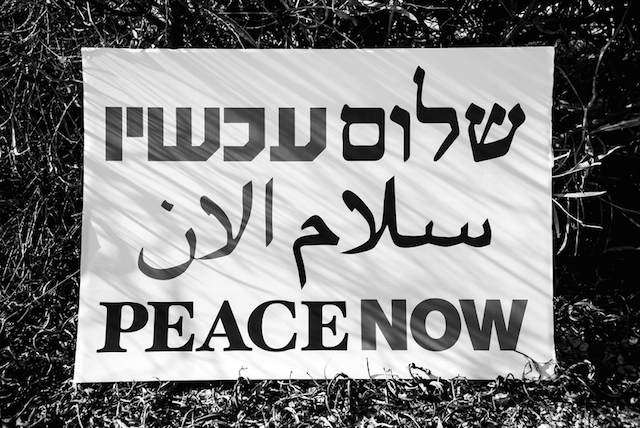Commentary on Parashat Toldot, Genesis 25:19-28:9
Even by biblical standards, few statements are as stark as God’s words to Rebekah after the matriarch had conceived twins. “Two nations are in your womb,” God explains, “And two peoples shall be separated…And the elder shall serve the younger.”
Indeed, few Biblical struggles, few familial conflicts–in a book filled with stories of intra-family struggles–are as tragic as the confrontation between Jacob and Esau.
Family Legacy
It seems that from that moment, the twin brothers clashed and competed over the family birthright and legacy. The twin grandsons of Abraham and Sarah were, from their birth onwards, locked in a constant struggle over inheriting the prophetic mantle of Abraham and Sarah, inheriting the leadership over the family, and of course, inheriting the riches of the land which God had first promised to Abraham.
As the portion Toledot unfolds, we witness Jacob, the younger brother, gaining through guile what had first been granted to Esau by virtue of being born first. Together, Jacob and Rebekah successfully conspire to transfer the blessing Isaac had intended for Esau over to the younger brother. More than being mere words, Isaac’s blessing was critical because it served as the instrument for bestowing the family legacy, leadership, and ownership of the land.

Help us keep Jewish knowledge accessible to millions of people around the world.
Your donation to My Jewish Learning fuels endless journeys of Jewish discovery. With your help, My Jewish Learning can continue to provide nonstop opportunities for learning, connection and growth.
Yet, in the end, we read that Isaac also rejects playing a zero sum game and grants an alternative blessing to Esau. Although the two blessings are not identical, Isaac, nonetheless, chooses to depart from the tradition of granting a single blessing to his eldest son and instead blesses both of his children.
Some of the sages are puzzled over the multiple blessings, while others attribute Isaac’s actions to a father’s compassion for a grieving child. But whatever the reasons, Isaac’s deed offers us an important lesson in the contemporary struggle for peace. Far from being a perfect analogy, there are still many elements in this story all too reminiscent of the conflict between Jews and Palestinians.
An Eternal Struggle
This present-day conflict is also the story of two nations at war with one another from the moment of conception. And as the tragic violence continues between the contemporary nations, we are also reminded that Jacob and Esau also fought over being blessed with the Land. Finally, we are reminded that along with Jacob and Esau, Jews and Arabs are also descendents of Abraham. Like Jacob and Esau, today’s conflict seems unsolvable, and we lament over being locked into what appears to be an eternal struggle.
However, Isaac’s blessings for Jacob and Esau leave us with a measure of hope, even now when many despair of ever achieving peace in the holy land. Isaac blesses both sons with inheritances of fruitful land. Facing different circumstances and possessing different traits, both twins nevertheless receive their father’s blessing–and with it a measure of hope for future descendents of Abraham.
Living with Sustenance, Hoping for Peace
One Jewish tradition teaches that possession of sufficient food and drink is of itself a profound blessing. Still, “if there is no peace,” argued our sages, “there is nothing at all, for “peace equals all else.” Today, we must also reject facile zero sum games, and find ways to share the blessings.
While we may possess sufficient sustenance, we still live without peace. Today, against expectations and against the odds, we also must struggle to share the blessings of our ancestors and to share in the blessings of the land. Now more, than ever, let us remember Isaac’s deeds, and remember that ultimately, “peace equals all else.”
Provided by SocialAction.com, an on-line Jewish magazine dedicated to pursuing justice, building community, and repairing the world. The following article is reprinted with permission from SocialAction.com.



